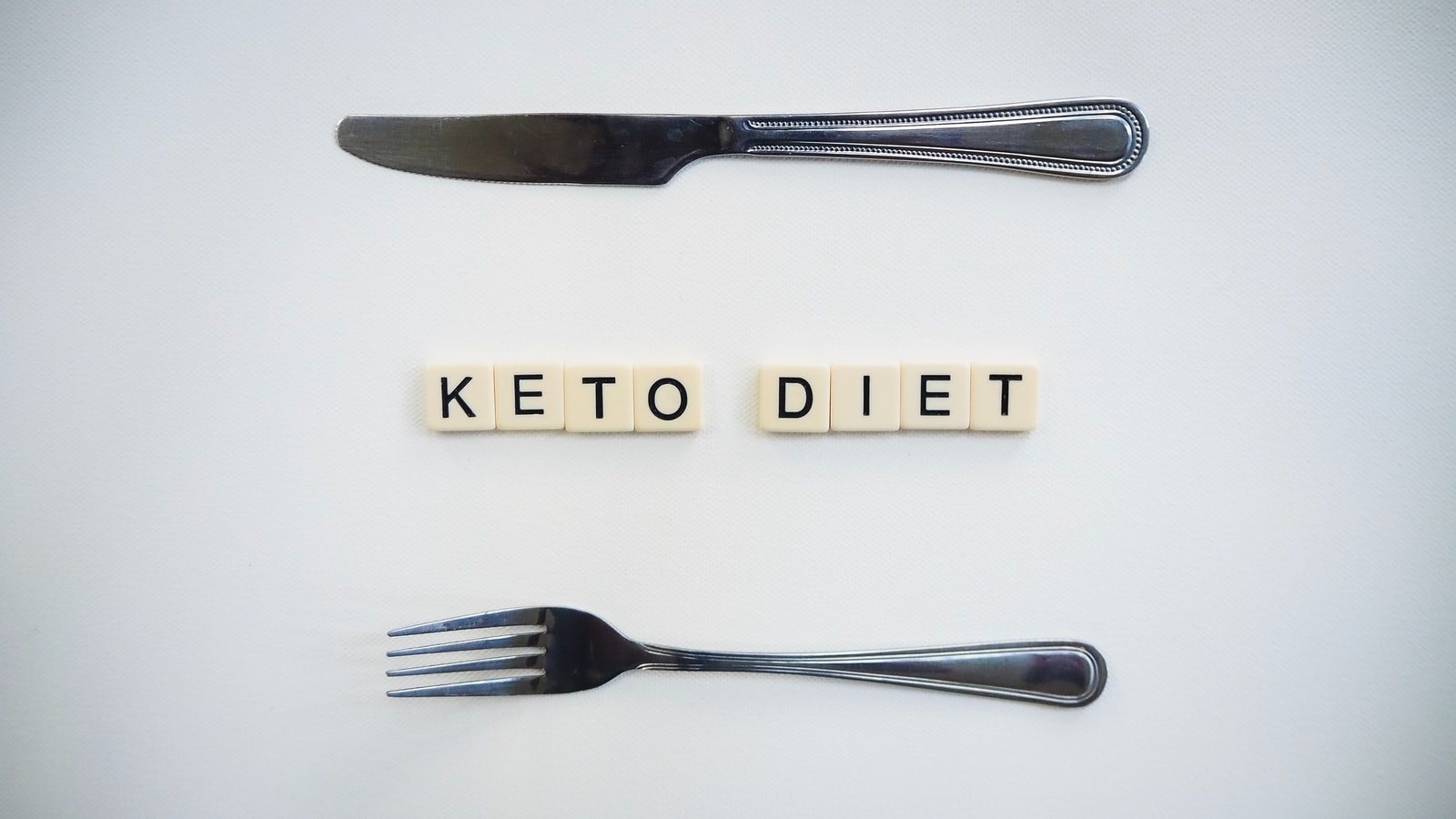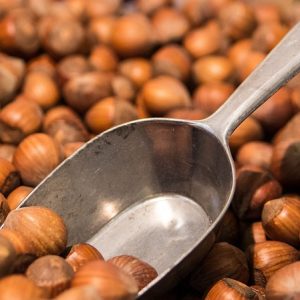Have you ever tried a ketogenic diet and failed to stick to it?
You are not alone. Many people face difficulties when following a ketogenic eating style. In this guide, I will explain the common reasons why we fail a ketogenic diet and provide some tips to help you stick to it.
Cause 1: Lack of Preparation
The ketogenic diet requires planning and tracking of your food intake. Sticking to the diet can be difficult without proper organization and preparation. Therefore, it is essential to have a plan in place before starting your ketogenic journey.
Tip: Prepare a weekly meal plan and grocery list. Choose foods that are high in fats, moderate in proteins, and low in carbohydrates to help you achieve ketosis.
Cause 2: Consuming Too Many Carbs
One of the most significant mistakes people make on a ketogenic diet is consuming too many carbohydrates. Carbohydrate intake must be drastically reduced to achieve the state of ketosis, where the body burns fat for energy instead of glucose.
It is important to carefully monitor carbohydrate consumption and stick to a strict limit to ensure ketosis is maintained. Foods that are high in carbohydrates, such as bread, pasta, and sugary snacks, should be avoided as much as possible.
Instead, focus on consuming healthy fats, such as avocado, olive oil, nuts, and protein-rich foods like meats, fish, and eggs. By following a proper ketogenic diet, individuals can effectively lose weight, improve their energy levels, and reap other health benefits.
Tip: Make sure you are consuming only 5% of total calories from carbohydrates. Use apps like MyFitnessPal to track your macronutrients and learn how many servings of carbs you are allowed per day.
Cause 3: Relying on Processed Foods
Many keto-friendly packaged foods like snack bars and desserts are heavily processed and can contain a high number of calories. Relying on them can derail your weight loss efforts.
Tip: Stick to whole, unprocessed foods like pastured meats, poultry, fish, eggs, and full-fat dairy products. Add non-starchy vegetables like greens, broccoli, peppers, and mushrooms to your dishes to add vital nutrients and fiber.
Cause 4: Overconsumption of Calories
Keto-friendly foods like nuts, full-fat dairy, and olive oil are high in calories. Overconsumption of calories can slow weight loss progress.
Tip: Pay attention to portion sizes and avoid snacking on high-calorie foods between meals. Increasing physical activity can also help create the necessary calorie deficit to promote weight loss.
Cause 5: Medical Conditions
Some medical conditions like hypothyroidism, PCOS, Cushing’s syndrome, depression, and hyperinsulinemia can cause weight gain and make it difficult to lose weight.
Tip: If you have any medical conditions, consult your doctor before starting a ketogenic diet. Proper management, including medication and monitoring, can help you achieve your weight loss goals.
The ketogenic diet requires careful planning and tracking of your food intake to achieve ketosis and promote weight loss. By preparing a weekly meal plan and grocery list, reducing carbohydrate intake, relying on whole, unprocessed foods, paying attention to portion sizes, and addressing any underlying medical issues, you can successfully stick to a ketogenic diet and achieve your weight loss goals.











